Events
Translational events around the lab and universityImpacting Science
Speaker Series!
A brown bag speaker series every 3rd Tuesday at noon featuring scientists who’ve taken their research out of the university to make a difference. Come learn about how other social scientists have applied their work through new technologies, new initiatives, and even new roles beyond academic.
- Learn about great research.
- Get inspired to make your science matter.
- Build connections with other translators.
Sign up for our Email list to recieve reminders of upcoming events
Upcoming Events
Previous Events
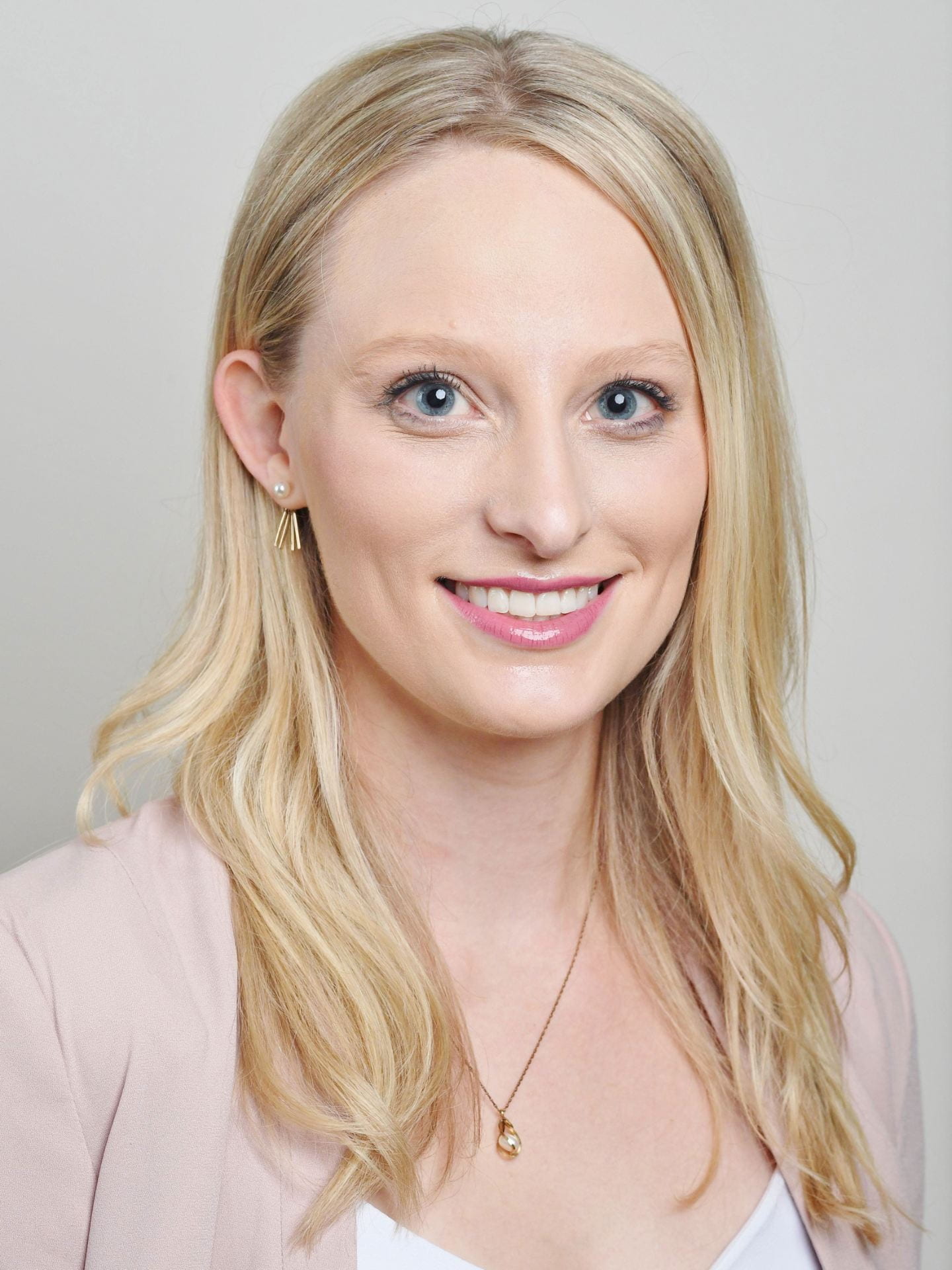
Assistant Professor
Mechanical and Industrial Engineering
Northeastern University
From Insights to Action: How Industrial Engineering Can Aid Anti-Human Trafficking Efforts
Abstract: Human trafficking is a prevalent and malicious global human rights issue, with an estimated 24 million victims exploited worldwide. A major challenge to its disruption is the fact that human trafficking is a complex system interwoven with other illegal and legal networks, both cyber and physical. Efforts to disrupt human trafficking must understand these complexities and the ways in which a disruption to one portion of the network affects other network components. As such, industrial engineering models are uniquely positioned to address the challenges facing anti-human trafficking efforts. This presentation will discuss ongoing interdisciplinary anti-human trafficking efforts focused on prevention, network disruption, and survivor empowerment related to effectively allocating limited resources to disrupt human trafficking networks, increasing survivors’ access to services, and assessing the efficacy of coordination among anti-human trafficking stakeholders. We will discuss how a variety of industrial engineering methodologies can be used in such contexts and how a transdisciplinary community-based participatory approach can move the anti-trafficking field forward.
Bio: Dr. Kayse Lee Maass is an Assistant Professor of Industrial Engineering and leads the Operations Research and Social Justice Lab at Northeastern University. Prior to joining Northeastern, she earned a PhD in Industrial and Operations Engineering from the University of Michigan and completed her postdoctoral studies in the Department of Health Sciences Research at the Mayo Clinic where she continues to hold a research appointment. Dr. Maass’s research focuses on operations research methodology to address access and equity issues within human trafficking, mental health, housing, and food justice contexts. This includes determining how to most effectively allocate limited resources to disrupt human trafficking networks, increase access to services for survivors, and assess the efficacy of coordination among anti-human trafficking stakeholders. Dr. Maass’s research is supported by multiple federal grants, centers interdisciplinary survivor-informed expertise, and has informed local, national, and international policy and operational decisions.
March 22nd 11:30am ET

Investigative Data Journalist
The Markup
Auditing Algorithms in the Public Interest
Dominant tech platforms are using technology to reshape society in ways big and small. The public has an interest in understanding how, but it’s hard to see inside the algorithms they’ve built. One way to hold them accountable is through investigative journalism backed
by bespoke data collection and analysis methods that are easily understood.
That’s where The Markup comes in. In this talk Leon will discuss several algorithmic audits we’ve conducted to surface answers to important questions like: Does Big Tech preference their own products to gain unfair market advantages? Are social media platforms enforcing
their own policies? How are algorithms reinforcing and upholding harmful racial biases?
February 22nd 11:30am ET
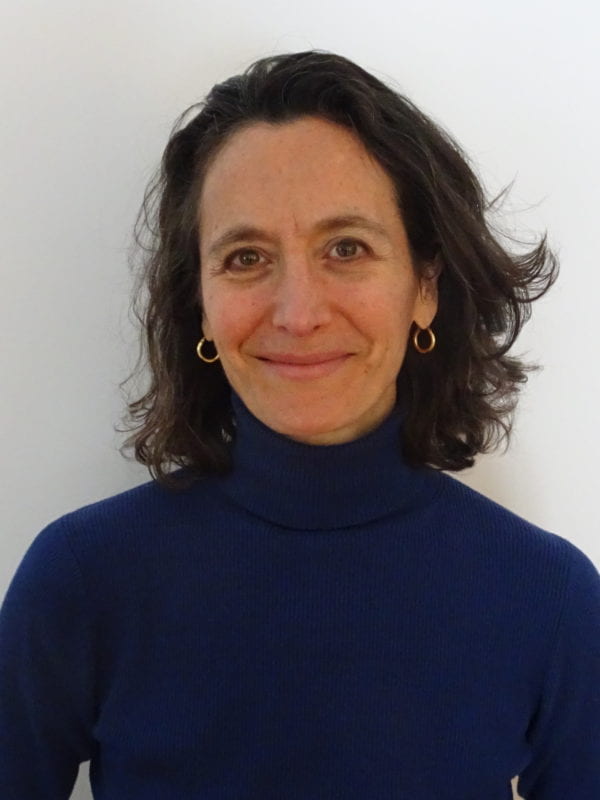
Professor of Public Policy and Urban Affairs;
Director of Participatory Modeling and Data Science
Northeastern University
Participatory modeling for environmental and economic transformation
The Village of Robbins, Illinois, is one of the poorest communities of Chicago’s South Side. Once the center of rich African American culture in the region, the deindustrialization starting in the 1970s has fed into a pernicious cycle of high unemployment levels, crime, vacant and delinquent property, and economic divestment. In addition, the community has faced chronic flooding due to the flat relief and low elevations, and the sharp bend of the Midlothian Creek that flows into the Cal-Sag Channel. I will share how our team, composed of several graduate studies and me, assisted with the planning of a green infrastructure park to be built by the Metropolitan Water Reclamation District of Greater Chicago (MWRD), which envisioned promoting both environmental health and economic development with this project. Numerous challenges had slowed down the park’s planning and implementation, including resident distrust in the government and regional agencies and coordination barriers among the various efforts. Stakeholder engagement was critical to both re-building the trust and fostering a sense of ownership and stewardship necessary for the long-term success of the park and adjacent projects. I will describe how we designed participatory visualization workshops for residents and ensured stakeholder engagement, going through various stages of adapting visualization-mediated collaborative planning techniques to the needs, culture, and concerns of local residents, Village officials, MWRD and associated project partners. This approach built on our own experience and literature in participatory modeling, within a theoretical framework that recognizes the value of diversity as the main source of innovation to address complex problems, and of reciprocity in fostering an understanding of the shared vulnerability to those problems and the trust and empathy needed to seek fair compromises around effective solutions.
January 25th 11:30am ET
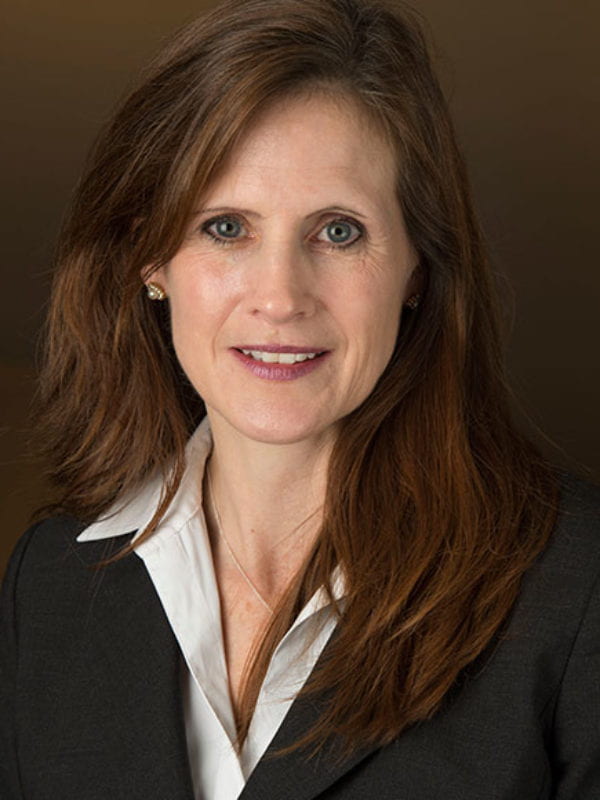
Research Director
Dukakis Center for Urban and Regional Policy
Associate Professor
Northeastern University
Researcher-Policymaker Collaborations during COVID-19: Saving Boston’s Summer Jobs Program
View Recording (Northeastern Login Required)
The COVID19 pandemic initially resulted in budget cuts to social programs at a time when they were needed the most. For example, some cities cut their summer youth employment programs during summer 2020 when youth unemployment had skyrocketed to over 30 percent. Yet our ongoing evaluation provided rigorous research evidence that canceling Boston’s program would deprive youth of important developmental activities that improve long-term criminal justice, academic, and employment outcomes as well as income that youth and their families depend on during the summer months. A key question was how the City could quickly design an alternative to the traditional in-person summer job that would yield the same impacts as in past years and at a scale that would employ the same number of youth and at the same rate of pay. Building on our exiting research-practice partnership with the City of Boston, we developed a virtual internship model to help employers take their youth summer jobs online with a set of ready-made projects and an online platform to track team communications, deliverables, and feedback from supervisors. Our virtual internship model, along with our prior research evidence, was used by then Mayor, now Secretary of Labor, Marty Walsh, to justify an additional $4 million in CARES Act funding for the program which prevented the loss of 10,000 youth jobs that summer. Moreover, President Biden cited our research this past summer and highlighted Boston’s program as an example of how cities could combat youth violence by using American Rescue Plan funding to expand their summer jobs programs.
December 7th 11:30am ET
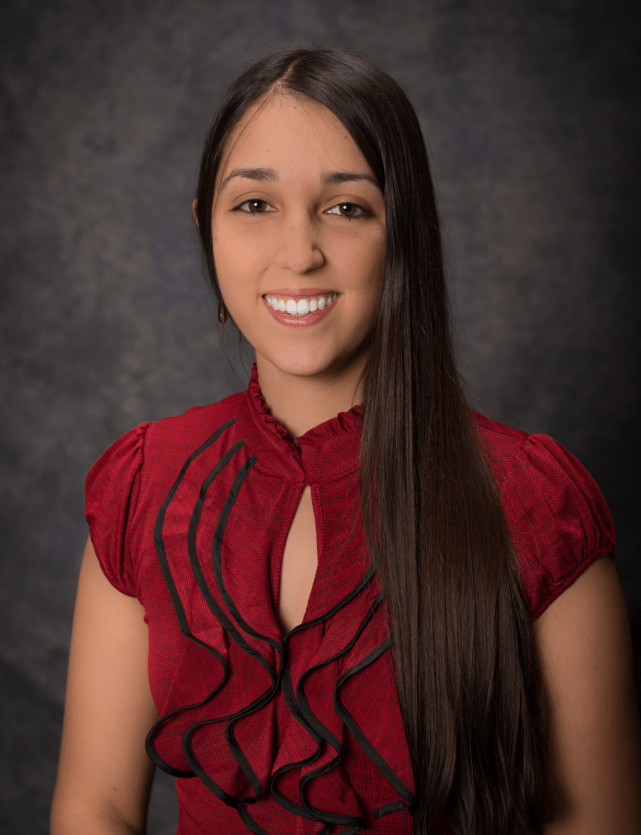
Dr. Laila Wahedi
Core Data Science
Facebook
Mining Facebook for Adversarial Networks
View Recording (Northeastern Login Required)
Facebook has billions of active users, mostly going about their lives using the platform in positive ways. A small number of abusive actors spread misinformation, conspiracies, harassment, and hate. But harm can’t happen in isolation: in order for adversarial behavior to result in harm, it has to effect others, and as a result, concentrates and spreads through networks. In this talk, we’ll discuss some of the methods we’ve developed to identify harmful networks in all that noise, and how that detection work can help us inform partner enforcement teams to make the platform safer.
November 9th 11:30am ET
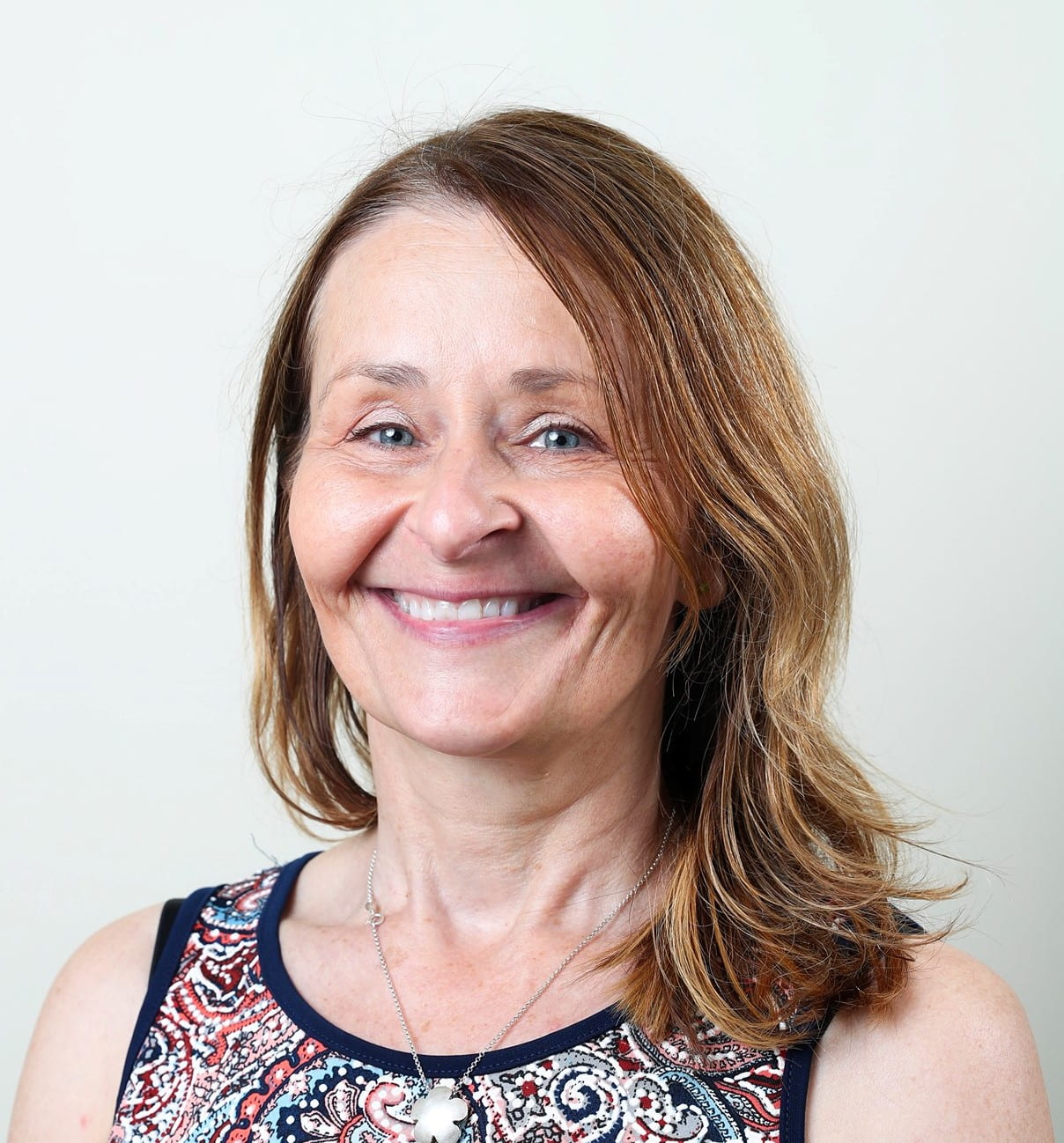
Senior Research Scientist
Kostas Research Institute
Everyday AI
View Recording (Northeastern Login Required)
I help create and develop geospatial knowledge prototypes for the intelligence community and/or military commanders. These ML/AI approaches involve significant volumes of high-dimensional data, all spatially and temporally aligned – or are they? With everyday AI there is everyday angst. AI has a somewhat dystopian image since some systems, created by humans, may be biased and judgmental from the start. I will discuss ways AI development might incorporate scope and bias, transparency and system testing, human readiness as well as technological readiness. The goal: to try to turn the belly of AI inside out and address the critical technology area of trusted AI, thus enabling it to be more easily scrutinized and vetted.
October 26th 11:30am ET

Chief Scientist
New Light Technologies
Shedding Light on Earth: Innovations in Satellite Measurements for Social Science
View Recording (Northeastern Login Required)
The invention of computerized Geographic Information Systems (GIS) in the 1960s revolutionized how we collect, map and analyze spatial data and understand how Earth is evolving. With significant technological advances, increased computer processing power and data storage, advances in the accessibility to the internet and the use of mobile “smart” phones, the volume, velocity and variety of geo-data we generate are growing exponentially. Since the 1970s, millions of snapshots of Earth have been captured by sensors on board satellites that image Earth in various spatial, spectral and temporal resolutions. In the past, expensive satellite imagery and limited computational power only allowed analysis of small geographical areas, for example, counting building footprints in a small neighborhood or the volume of live vegetation in a single agriculture field. This model is being replaced thanks to the availability of publicly available and free satellite data that capture every location on earth every few days and in a spatial resolution of up to a few meters. These satellites capture many of the physical, economic and social characteristics of Earth, providing a unique asset for social scientists who seek to understand social processes – also in areas where traditional data is less available. In this talk I will discuss the concept of geospatial data science and will highlight some of the new advancements in the use of big geodata, in general, and satellite imagery in particular for social science. I will demonstrate the potential of recent innovations in remotely sensed observations and data analysis for understanding some of the most fundamental social and economic processes on Earth.
October 12 11:30am ET
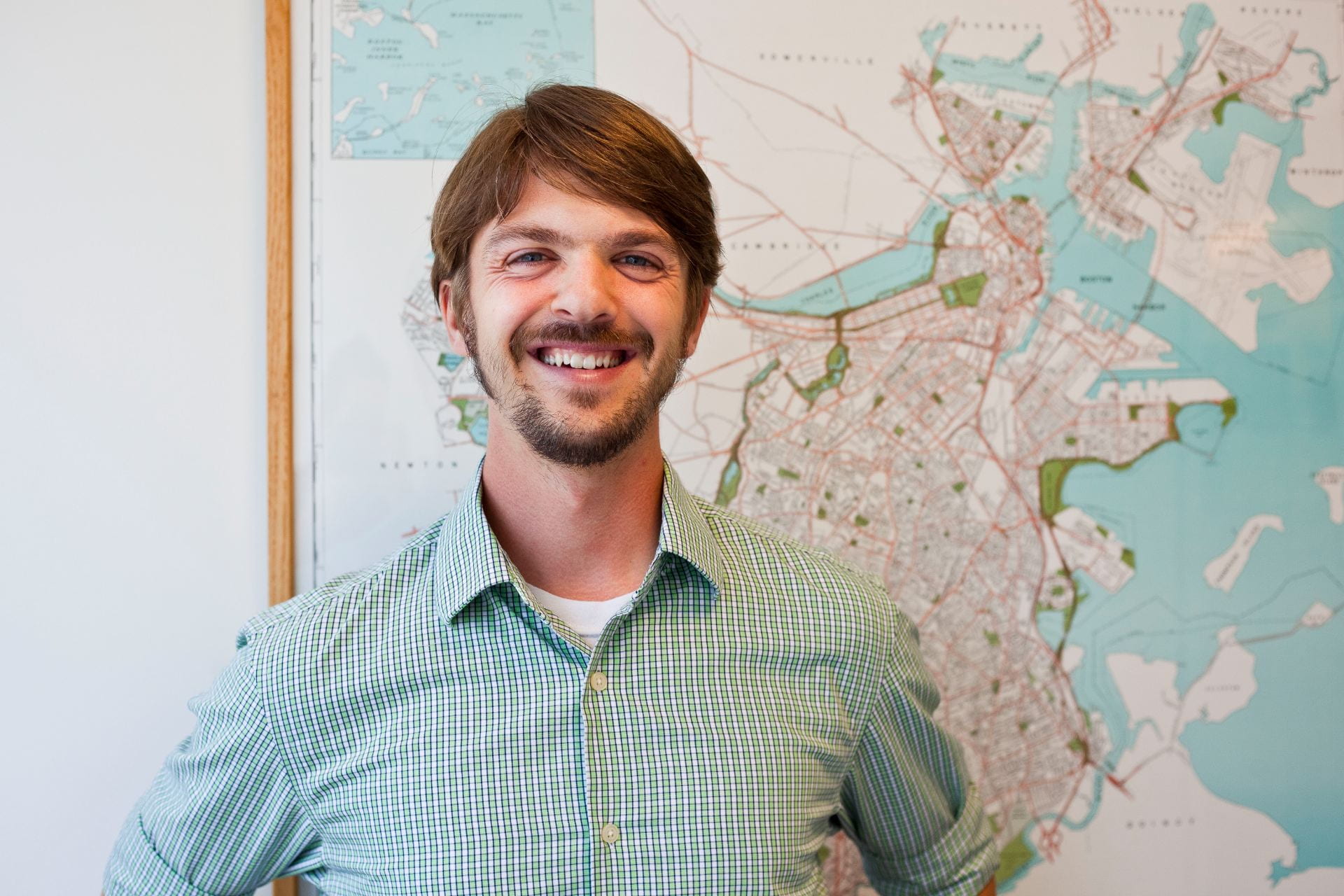
Dr. Dan O’Brien
Associate Professor and Director
Boston Area Research Initiative
The Boston Area Research Initiative: Community-Oriented Urban Informatics from Pre- to Post-COVID
View Recording (Northeastern Login Required)
Urban informatics is an inherently civic field–using data and technology to better understand and serve communities. The COVID-19 pandemic has put this mission in stark relief, calling on researchers and analysts to use their skills to track infections, highlight inequities, forecast impacts, and offer solutions for building back smarter. Prof. O’Brien will illustrate how this history of a civically-oriented approach to data and technology provides a unique opportunity to contribute in this moment by discussing the efforts of the Boston Area Research Initiative (BARI), a center at Northeastern University that convenes researchers, policymakers, practitioners, and local leaders to use data and technology to advance equity, democracy, and justice in 21st communities. The talk will summarize a research-policy partnership with the City of Boston’s 311 system on how government and neighborhoods collaboratively maintain public spaces, or “the urban commons.” It will then describe BARI’s more recent pivot to coordinate multiple data sources to fully understand the wide array of inequities in the impact of the pandemic across the city’s neighborhoods, from ability to social distance to economic disparities to housing and evictions to vaccination intentions. Please join us to learn more about this work and how it provides a model of what urban informatics has been and can be.
September 28th 11:30am ET
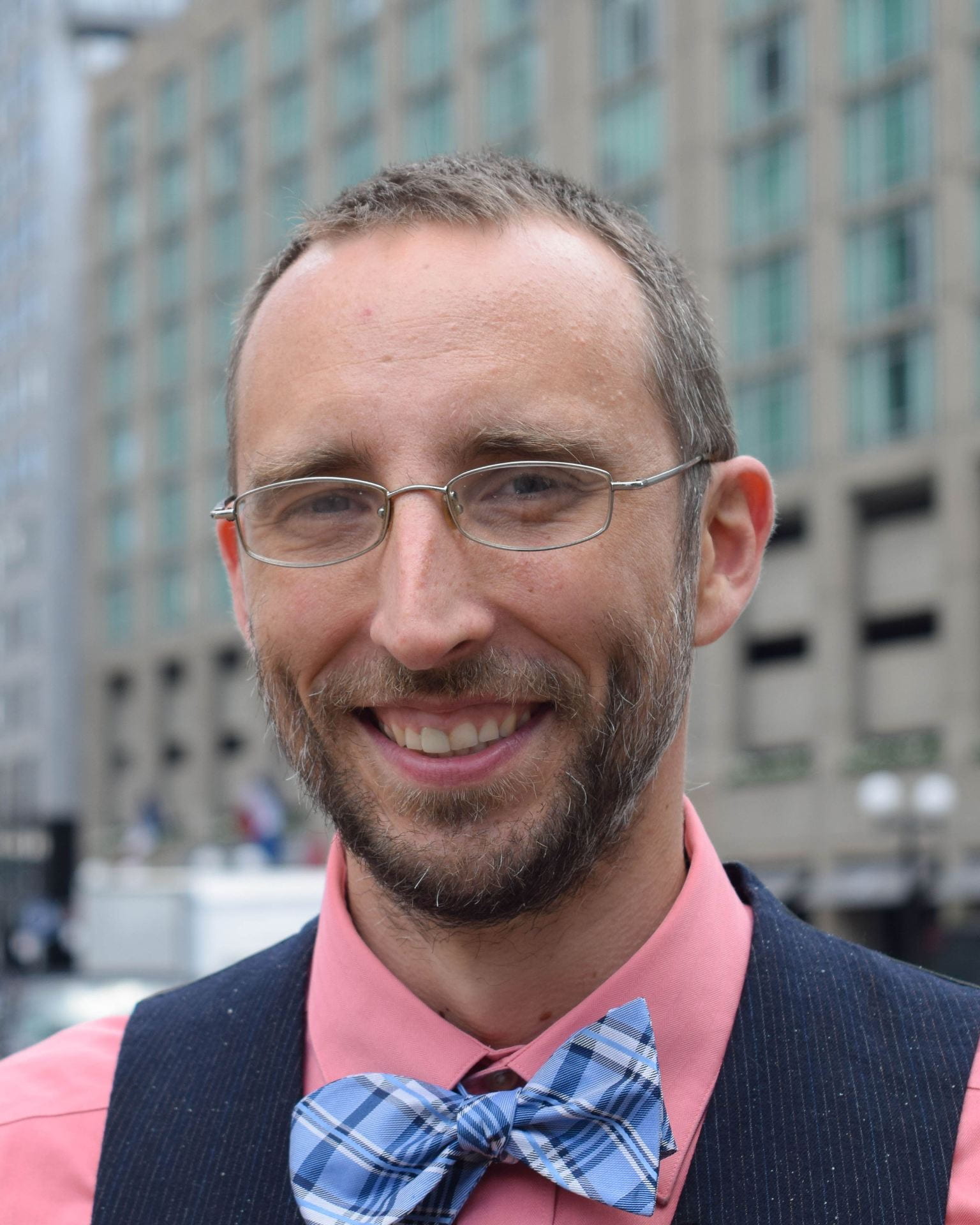
Dr. Jason Radford
Principal Research Scientist
Northeastern University
Turning your research into a venture
View Recording (Northeastern Login Required)
Science has fundamentally transformed society through the advent of new technologies and ideas. However, unlike the physical, biological, and computer sciences, the social and behavioral sciences do not have an established culture of turning research into ventures outside the academia. In this talk, Jason Radford, research scientist at Northeastern University and CEO of the startup Volunteer Science, will provide an overview of what it’s like creating a venture (for-profit or not-for-profit) based on social and behavioral research.
September 14th 12pm ET
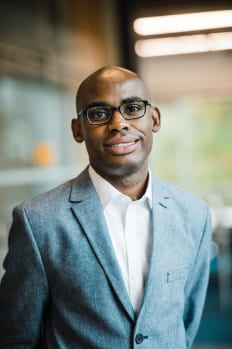
Dr. Neil Lewis Jr.
Cornell University
Mechanisms of Explanation vs. Mechanisms of Change: Tensions Between Basic Theory Construction and Practical Application
View Recording (Northeastern Login Required)
Since the cognitive revolution, the social sciences have prioritized conducting “basic” research studies, often in non-naturalistic settings with convenience samples that enable us to isolate explanatory mechanisms of interest (c.f., Cialdini, 2009). While this shift in research approach has expedited the rate of discovery in one sense, the shift away from studying naturally occurring behavior in a variety of settings with diverse groups of people has created a tension—it has limited our ability to apply our findings to contemporary problems in the world (IJzerman, Lewis, et al., 2020). In this talk I will discuss the distinction between mechanisms for explaining behavior and mechanisms for changing behavior, and their implications for advancing social scientific theory (Earl & Lewis, 2019) as well as the development and scaling of interventions that leverage social psychological insights to improve social outcomes (Lewis et al., 2020).
May 17 12pm ET (MOVED TO MONDAY)
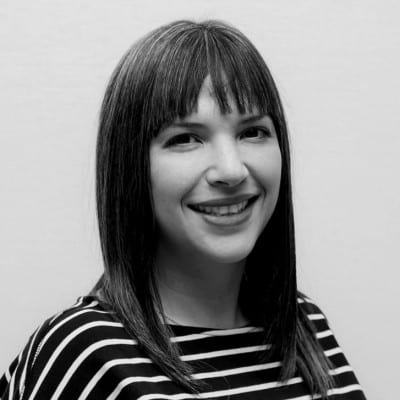
Claudia Olmedo
Accelerator Labs
UN Development Program
Accelerating 21st century development goals through participatory learning and collective intelligence.
View Recording (Northeastern Login Required)
In this talk we’ll dive into the new approach of the development sector on understanding and acting on Sustainable Development Goals by accelerating learning through action and participatory research, data empowered initiatives, and citizen science.
April 29 12pm ET (MOVED TO THURSDAY)
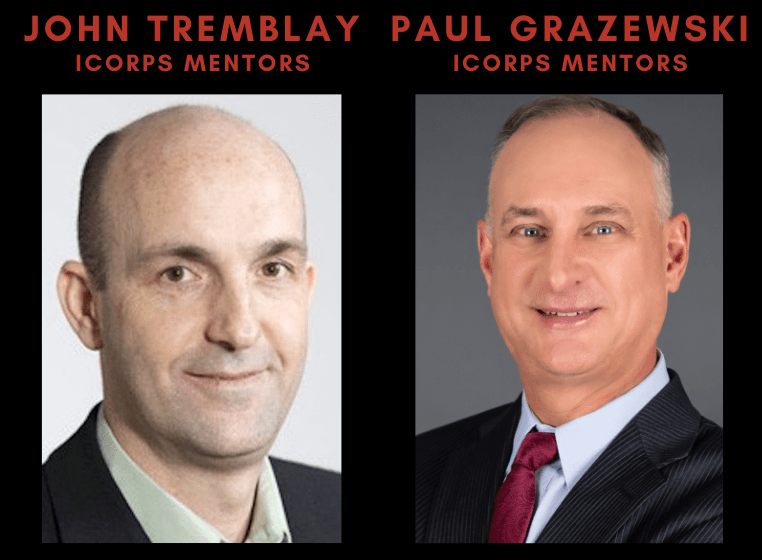
John Tremblay and Paul Grazewski
ICorps Mentors
Learn about the ICorps Program at Northeastern with John Tremblay and Paul Grazewski
View Recording (Northeastern Login Required)
This information session will introduce you to the Northeastern I-Corps Program that is starting another virtual cohort the week of March 15th. I-Corps is a great opportunity to both build/increase your NSF lineage for grant opportunities, help focus your technology around the most promising market opportunities, and learn valuable skills that you can use in the rest of your careers in innovation and entrepreneurship. The program helps researchers begin the process of commercializing research and innovation. Highly experienced industry mentors (successful entrepreneurs, MDs, scientists, business executives) are assigned to all teams in the program to aid in training and applying research and design methods. Venture teams receive up to $3K per venture team to support any costs associated with customer discovery as well as initial product or system design and prototyping. The teaching staff and mentors help participants along their journey of performing customer discovery, value proposition development, product-market fit assessments, narrowing in on your MVP, and refining your pitch deck.
Feburary 16 12pm ET

Dr. Betsy Sinclair
Washington University in St. Louis
Betsy Sinclair – Founding Magnify Your Voice
View Recording (Northeastern Login Required)
In 2019, Dr. Betsy Sinclair turned her work into a Magnify, an action network where like-minded people could connect to solve your civic, political, and environmental projects. Magnify has a recommendation engine to suggest projects to different people, whether sending an email, making a phone call, or volunteering to help make a neighborhood better. People can also propose projects and build organizing teams by connecting people with one another. In this talk, Dr. Sinclair will discuss how she came to start Magnify and how it has shaped her work and her life as a political scientist.
Jan 19 12pm ET

Dr. Stefan Wojcik
Twitter
Stefan Wojcik – Computational Social Science at Twitter
View Recording (Northeastern Login Required)
Twitter is a global service where people around the world connect with friends and exchange quick, frequent messages. It’s also where more than 1 in 5 Americans go to learn about what’s happening in the world. During a spiraling pandemic and an unprecedented national election where misinformation has thrived on and offline, the mission of surfacing facts and reporting that accurately depict current events in public life has rarely been as important or as scrutinized. In his talk, computational social scientist Stefan Wojcik discusses how his team acquires and processes attitudinal and behavioral data to understand how Twitter can create new tools to combat misinformation and online abuse.
Dec 15 12pm ET
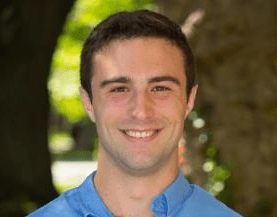
Dr. Jon Green
Northeastern University
Data for Progress: Using Social Science to Inform Advocacy and Activism
View Recording (Northeastern Login Required)
Data for Progress was formed in early 2018 with what was initially a fairly modest goal: use the best available tools from social science to check some of the worst excesses of political punditry. It has since grown into a think tank operating at the intersection of Democratic party politics, progressive media, public opinion research, and political activism. While still informing the public discussion about which familiar policy proposals are (and aren’t) popular, Data for Progress is now actively involved in putting new ideas from the activist community onto the public agenda, providing critical information and resources to a broader network of organizations in the progressive movement, and contesting the boundaries of the Democratic Party. In this talk, co-founder and NetSci postdoc Jon Green discusses how the organization developed, the work it does to advance its causes and aid its partner organizations, and how translational social science can be mutually informative for the academics and practitioners involved.
